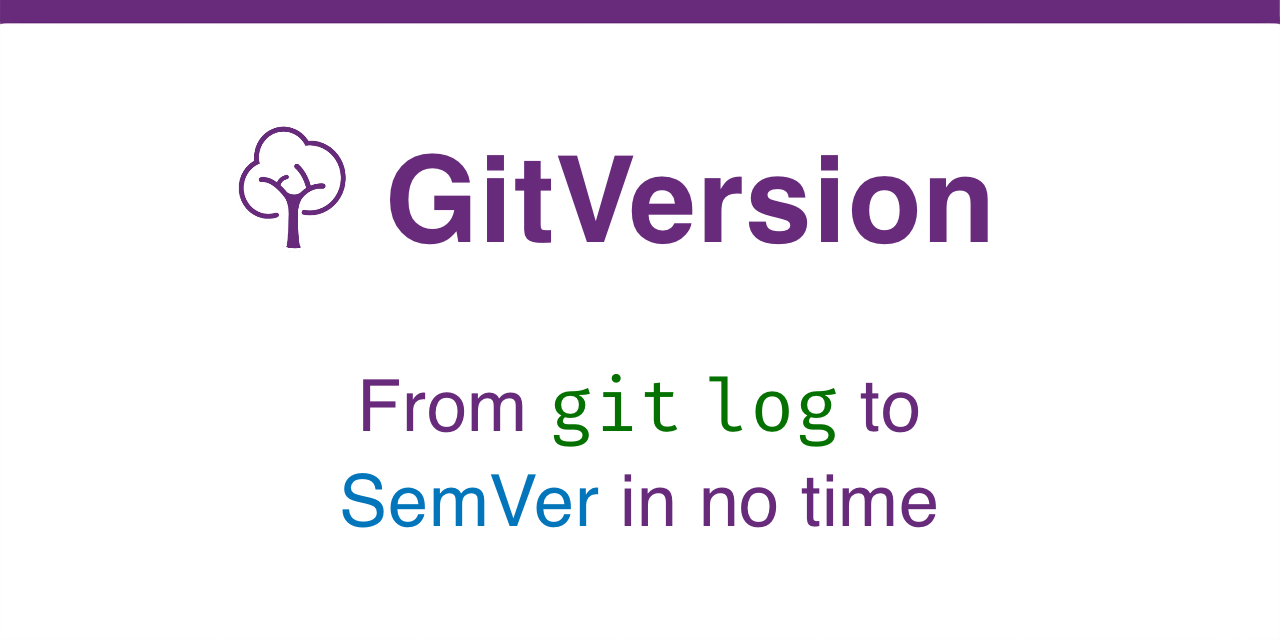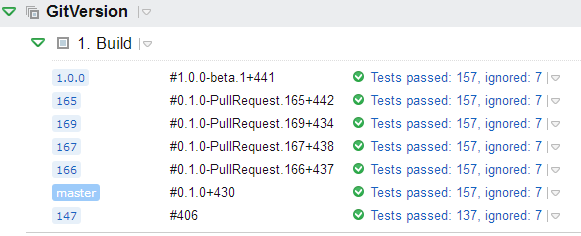GitTools GitVersion GitTools
winget install --id=GitTools.GitVersion -e GitVersion is a tool designed to determine Semantic Versioning (SemVer) based on Git history. It analyzes commit messages and tags to automatically calculate the appropriate version for each build.
Key Features:
- Automatically determines SemVer from Git history, including major, minor, and patch versions.
- Supports multiple platforms, including Windows, Linux, and macOS.
- Integrates seamlessly with CI/CD pipelines such as Azure Pipelines and GitHub Actions.
- Compatible with various build systems like MsBuild for consistent versioning across projects.
- Offers command-line and PowerShell usage for flexibility in scripting and automation.
- Extensible through configuration to meet specific project requirements.
Audience & Benefit: Ideal for developers, DevOps engineers, CI/CD pipeline maintainers, and teams practicing continuous delivery. GitVersion ensures consistent versioning, accurate package tagging, streamlined release processes, and compatibility across different environments. By automating SemVer calculation, it reduces manual errors and enhances efficiency in software development workflows.
Installable via winget, GitVersion provides a robust solution for maintaining clear and predictable versioning practices throughout the development lifecycle.










